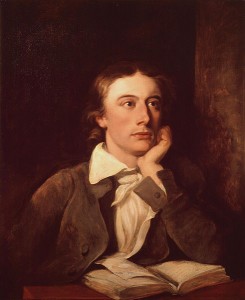
For the last day of National Poetry Month 2009, here’s a reading of Ode to a Nightingale, by English poet John Keats. It was written in 1819 after the poet had been listening to a nightingale in the yard of a friend one morning.
Here is the text of the poem:
My heart aches, and a drowsy numbness pains
My sense, as though of hemlock I had drunk,
Or emptied some dull opiate to the drains
One minute past, and Lethe-wards had sunk:
‘Tis not through envy of thy happy lot,
But being too happy in thine happiness, –
That thou, light-winged Dryad of the trees,
In some melodious plot
Of beechen green and shadows numberless,
Singest of summer in full-throated ease.
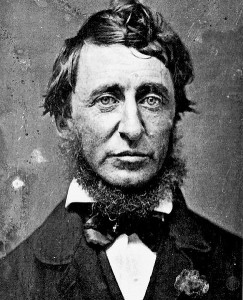
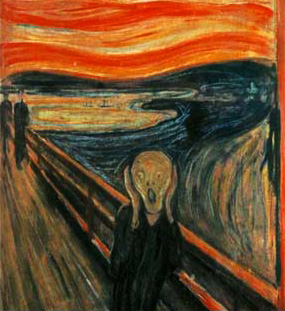

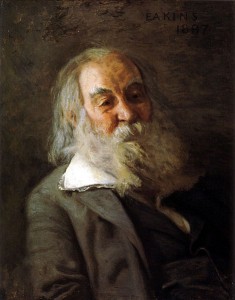 I Sing the Body Electric is a poem that celebrates the life of the body and its equal status with the soul.
I Sing the Body Electric is a poem that celebrates the life of the body and its equal status with the soul. 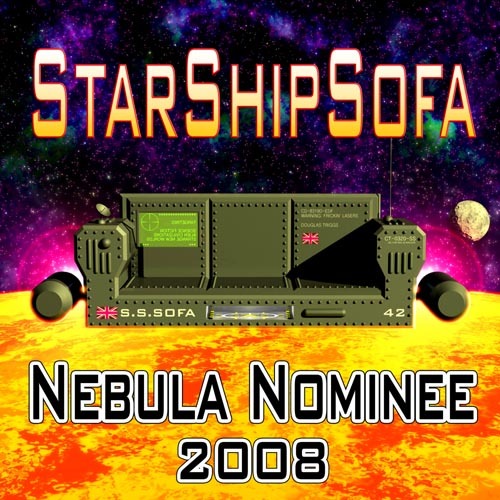 Amazing science fiction podcast site,
Amazing science fiction podcast site, 